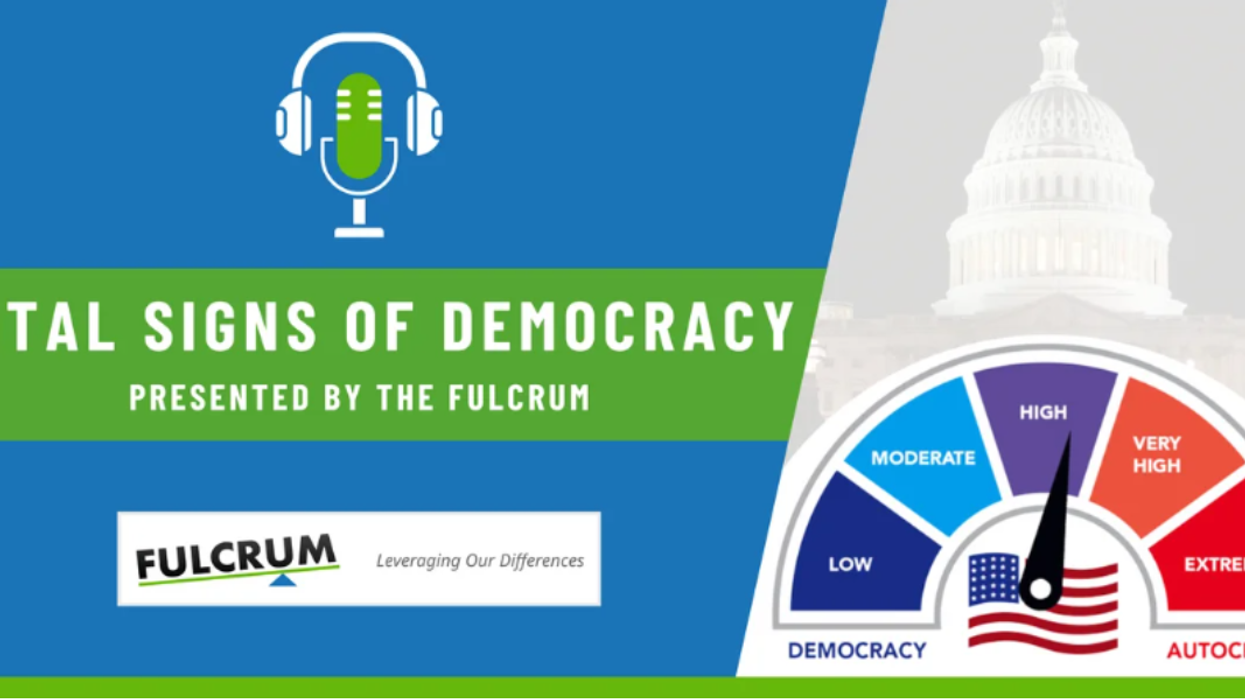In this episode, Debilyn Molineaux and David Riordan explore the narrative themes emerging from the first MAGA Republican debate, the Democrats' intention to run in 2024 on the strength of Bidenonmics, and the tendency in times of crisis for all of us to play the victim card. These narratives are the first indications of what the MAGA Republicans and Biden Democrats are going to run on for the 2024 Presidential election. But the question remains: will our democracy be served by the result?
In this podcast, we referenced the plan that has been created should Trump be elected again. We provide the link so you can decide for yourself if this is the future you'd like to see. Project 2025 is presented by The Heritage Foundation. Their headline is "Building now for a conservative victory through policy, personnel, and training."




















